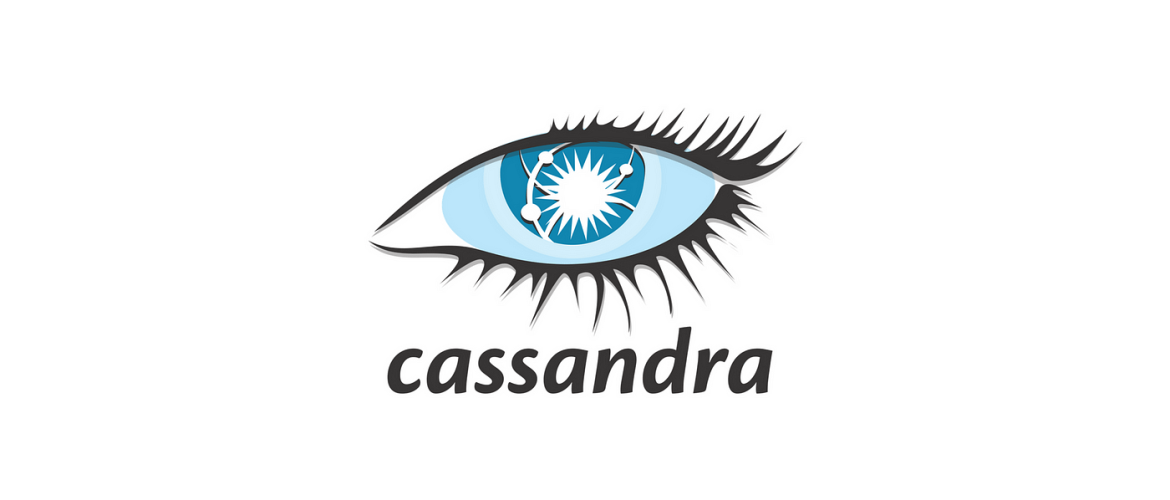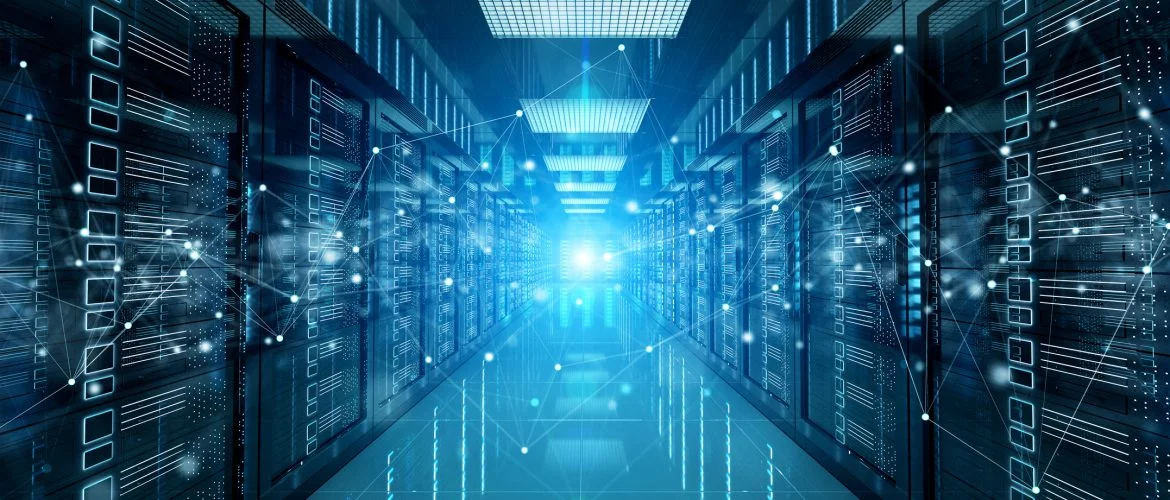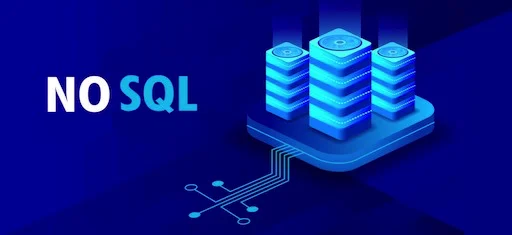Introduction: In the ever-evolving landscape of data management, businesses are constantly seeking efficient solutions to handle their growing data requirements. One such solution that has been making waves is Redis, a powerful in-memory data structure store known for its speed and performance. As more organizations look to leverage Redis for their database needs, the need for seamless migration solutions becomes crucial. This is where DataX Solution, a trusted partner, reseller, and distributor of Redis, comes into play. About DataX Solution: DataX Solution is
Are you considering migrating to MongoDB for your database needs? MongoDB has gained popularity for its flexibility, scalability, and performance. However, before making the switch, there are a few key things to consider to ensure a successful migration. In this blog post, we will discuss the five essential things to know before you migrate to MongoDB. 1. Understand Your Data Structure: One of the first steps before migrating to MongoDB is to understand your data structure. MongoDB is a NoSQL database, which means
In the realm of relational database management systems, MariaDB has established itself as a strong contender offering an enterprise-grade solution that builds upon the foundational capabilities of MySQL. MariaDB Enterprise, the commercial version of this database, brings a host of additional features, benefits, and support options to businesses looking for a robust and scalable database solution. Let’s delve deeper into what MariaDB Enterprise has to offer. Features of MariaDB Enterprise: 1. Advanced Security Features: MariaDB Enterprise provides enhanced security features such as encryption at
Introduction In today’s digital era, data is the lifeblood of any organization. From small startups to multinational corporations, efficient and reliable database management is crucial for smooth operations and decision-making. When it comes to choosing a database system, open source options have gained significant popularity in recent years. In this blog, we will delve into five compelling reasons why you should embrace open source database systems. 1. Cost-Effectiveness: One of the primary advantages of open source database systems is their cost-effectiveness. Unlike proprietary
Introduction In the real of NoSQL databases, Apache Cassandra has gained significant popularity and recognition for its ability to handle massive amounts of data with high availability and fault tolerance. While there are various NoSQL options available, this blog aims to compare Apache Cassandra with other popular NoSQL databases, helping you make an informed decision for your specific use case. MongoDB: MongoDB is a widely used document-oriented NoSQL database known for its flexibility and ease of use. Unlike Apache Cassandra, MongoDB
Introduction In the vast universe of databases, the traditional relational model has long been the go-to choice for storing and managing data. However, as technology evolved and the demand for scalability, speed, and flexibility increased, a new player emerged – NoSQL Databases. In this blog post, we’ll embark on a journey into the world of NoSQL databases, explore their key features, popular types, and the advantages they offer over traditional relational databases. Understanding NoSQL Databases: NoSQL, an acronym for “Not only SQL,” is a
Are open source license still relevant? Yes, open source licenses are still relevant. They provide a legal framework for the distribution and use of open source software. They ensure that the software remains open and freely available to the public, while also protecting the rights of the creators and contributors. Open source licenses also provide a way for users to understand and comply with the terms and conditions of use for a given piece of software What should CIOs know about open
What are the top 10 reasons for affecting performance of NoSQL database? Insufficient hardware resources: NoSQL databases can require a large amount of memory and CPU resources, so insufficient hardware can lead to poor performance. Network latency: Network latency can cause delays in data transfer, leading to slower performance. Indexing issues: Indexing is critical for efficient data retrieval, so issues with indexing can lead to poor performance. Data modeling issues: Poor data modeling can lead to inefficient data retrieval and slow performance. Data sharding: Data
What are the emeging need for modern caching solutions? Scale: With the increasing amount of data and users, modern caching solutions need to be able to handle high levels of traffic and scale horizontally. Low Latency: With the growing need for real-time applications, modern caching solutions need to provide low latency data retrieval. Multi-Cloud and Hybrid: With the increasing use of multi-cloud and hybrid environments, modern caching solutions need to be able to work seamlessly across different environments. Flexibility: With the growing number of
Why modern data require modern Database? In recent years, the amount of data being generated and collected has grown exponentially. This data comes in various forms, such as structured data from traditional databases, semi-structured data from web pages and social media, and unstructured data from videos, images, and audio. This diverse and voluminous data, referred to as big data, requires modern databases that can handle the scale, complexity, and real-time nature of the data. One of the most significant challenges of big
- 1
- 2








